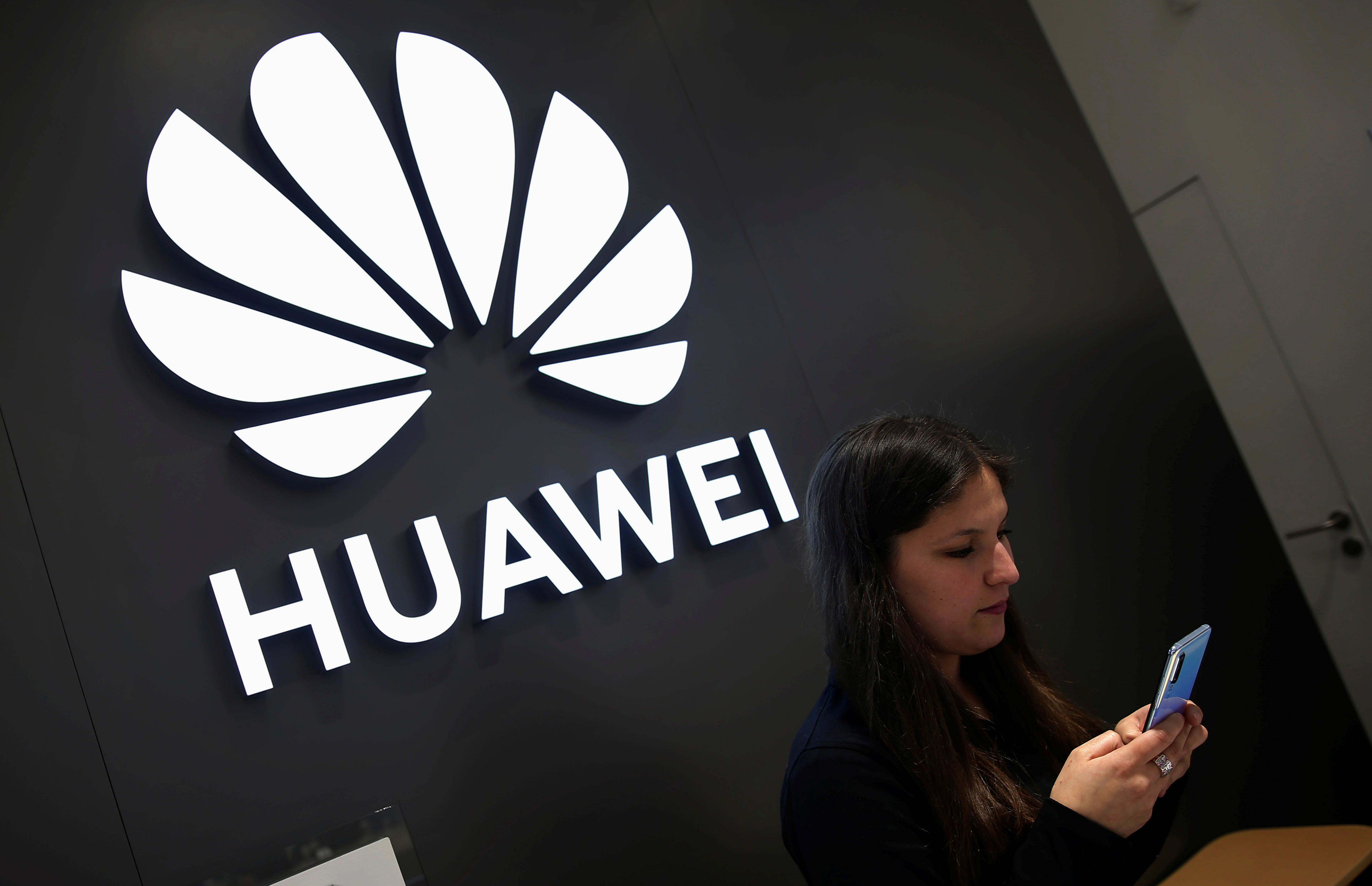
A Huawei logo is pictured at their store at Vina del Mar, Chile July 18, 2019.
Rodrigo Garrido | Reuters
U.S. President Donald Trump is set to decide Monday on whether to extend a temporary agreement allowing Huawei to do business in the U.S. — and Washington's decision will likely be influenced by American tech firms, according to research firm International Data Corporation.
The U.S. Commerce Department placed the Chinese tech giant on a blacklist — the so-called Entity List — in May, preventing American companies from selling or transferring technology to Huawei unless they were granted a special license. Days later, the U.S. government eased some of those restrictions for 90 days. That temporary reprieve is set to end on Monday.
According to Reuters and the Wall Street Journal, the U.S. is going to extend the license by another 90 days that will allow Huawei to continue buying parts from American companies.
"This is about, in my opinion, as much about the pressure that U.S. components suppliers are exerting on the government as opposed to say punishing Huawei," Crawford Del Prete, president at IDC, told CNBC's "Squawk Box " on Monday.
Del Prete explained that Huawei's core product lines — including telecommunications equipment, servers, storage, networking gear and even its smartphones — have "very, very complex supply chains and they rely on technology that has a very, very long lead time." There are no near-term alternative ways for Huawei to access those advanced technologies without buying them from American companies, Del Prete said.
Ahead of the deadline, Trump told reporters on Sunday that Huawei was a national security threat. "We'll see what happens. I'm making a decision tomorrow," Trump said about the possible license extension.
Race for 5G
After Trump met with Chinese President Xi Jinping at the G-20 summit in June, the two leaders agreed at the time to pause the trade war and restart negotiations. Trump also said at the meeting he will allow U.S. companies to keep selling products to Huawei.
Huawei is considered one of the leading names in the race to develop the nascent 5G technology — the next generation of high-speed mobile internet that's expected to be a major factor in the tech industry for years to come. But the company has been facing mounting concerns that its technology could enable China to spy on others through those high-speed mobile networks.
"I'm not in a position to say whether they are a threat or not, but I think the onus is on Huawei to be able to say ... 'No we're not a threat to security,'" Del Prete said.
For its part, Huawei has repeatedly denied that its products represent any risk.
Huawei has been dragged into the trade dispute between the United States and China as both countries race for 5G supremacy.
US-China trade fight
Earlier this month, Trump announced the U.S would put a 10% levy on additional $300 billion in goods imported from China starting Sept. 1. Some of those tariffs were subsequently delayed until Dec. 15 to avoid hitting the holiday shopping period.
"I think what the U.S. government is trying to avoid is the consumer feeling this in a significant way," Del Prete said.
He explained those tariffs would have a direct impact by raising import costs and increasing average selling price of affected goods. Companies, he said, could struggle to meet seasonal demand for products if the levies disrupt their supply chain. That would leave American consumers dissatisfied if they couldn't buy laptops, phones and other affected items because they were unavailable.
"So, the impact, we think, of extending these tariffs is really to make sure we have a robust Fall buying season," Del Prete said. "That December 15 date is not by accident, in terms of being able to make sure that the component supply chain is flushed through and the consumers can have access to their products."
Read More




No comments: